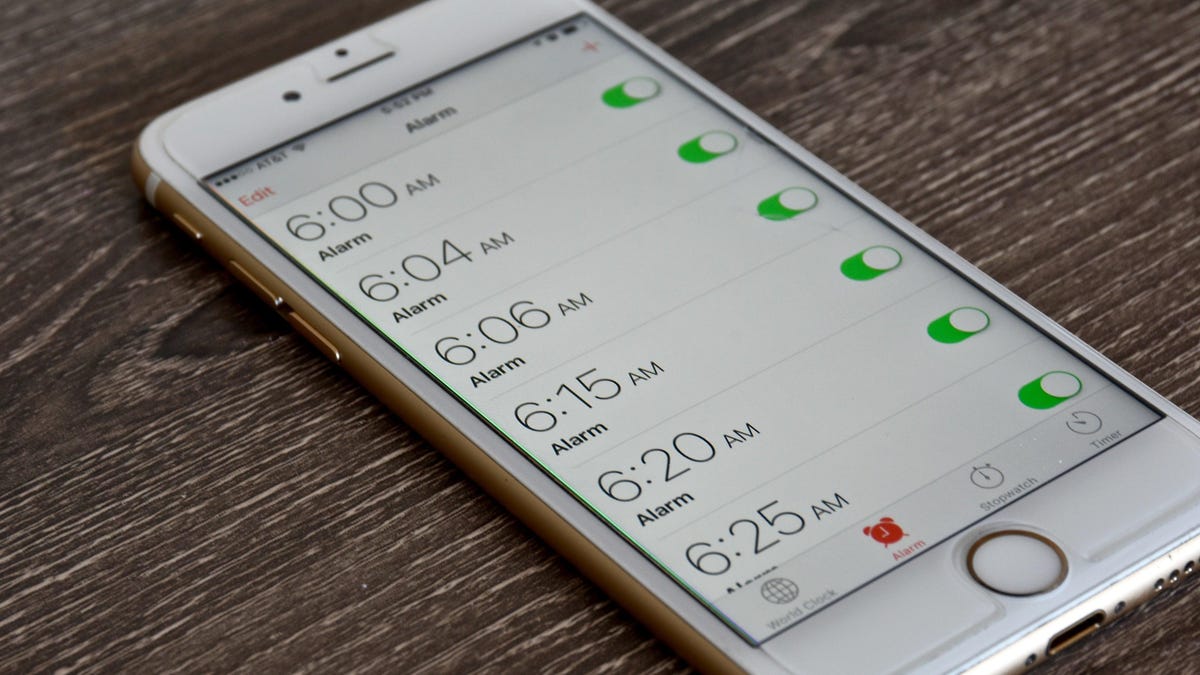Alibaba loses the world to Shopee, as S’pore’s hit app now sells more than the Chinese giant
Shopee's Q2 revenues increased by 51.4% over last year, reaching US$1.7 billion, proving that a smaller and younger business can beat much larger and richer rivals in the end.

Disclaimer: Opinions expressed below belong solely to the author.
Almost exactly a year ago, I observed that at the trajectory it was growing, Sea’s e-commerce app Shopee would eclipse even the mighty Alibaba in international markets (i.e. everywhere outside of China) by 2022.
With the latest results published by Sea Ltd. yesterday, it has now become a fact.
For the quarter ending on 30 June 2022, Shopee reported revenues of US$1.7 billion, up by 51.4 per cent year-on-year versus US$1.57 billion (down by three per cent) submitted by Alibaba for all of its international businesses — Lazada, AliExpress, Trendyol and Daraz combined.
 Source: Annual reports
Source: Annual reportsThis is even more remarkable considering the difference in size of both companies — Alibaba and Sea Ltd. — as well as a much earlier entry into the international markets by the Chinese behemoth founded by Jack Ma.
Good news for all startups
It is also a worthy lesson considering the difference in strategy.
Sea has grown Shopee — which was founded in 2015 — from nothing, funding its growth with profits from a successful digital entertainment business, Garena.
Meanwhile, Alibaba pursued a multi-pronged approach. Its own retail marketplace, Aliexpress — established in 2010 — connected the world’s consumers to Chinese manufacturers, while a series of acquisitions allowed it to buy outright a seemingly dominant stake in several major markets: Turkey (Trendyol), Pakistan (Daraz) and Southeast Asia (Lazada).
And yet, it has fallen behind, having just appointed its fifth CEO at Lazada in five years, while Shopee keeps selling more and more.
It wasn’t all that long ago that we were still drawing comparisons between Shopee and Lazada, but now, the latter is three to four times smaller than the former, which handled almost as much (US$19 billion) in Gross Merchandise Value in the last quarter alone as Lazada did in the entire 2021 (US$21 billion).
 Image Credit: Sea Ltd.
Image Credit: Sea Ltd.This seems to be excellent news for all startups, as it shows that neither success in other countries, nor the depth of one’s pockets are a guarantee of dominance, while upstarts seemingly late to the party can still beat their much larger rivals in the end.
Victims of the KISS principle
I think Alibaba was blinded by its own heft and success within China. After all, at one point, it was compared to Amazon and it looked that given its strong position — right where almost everything in the world either is or can be manufactured — it would become a natural rival to the American giant.
As it turned out, Alibaba’s executives have underestimated the challenges of international competition.
Because of that, they seem to have also forgotten the basics of the KISS principle — “Keep It Simple, Stupid!”.
 Alibaba’s international e-commerce businesses
Alibaba’s international e-commerce businesses You could observe their first sin right in the chapter above, where I listed out four different international businesses that they own and operate abroad. Unlike in the case of Shopee, their operations are disjointed and there’s no single overarching entity that would effectively control them.
There’s also no single brand, no single identity, no single group of people who would understand what the company is and how it should market itself.
Instead, Alibaba has sought a shortcut into market share by acquiring major local/regional players, believing it was enough to enjoy future dominance. Now, it has several businesses it doesn’t quite know how to run and no brand it could base its international growth on.
Its relative failure is further reinforced by the rather poor handling of AliExpress, which has been around for over a decade now and yet, was still caught off its guard by new VAT requirements in the EU area, despite knowing of them ahead of time.
According to the new regulations, foreign businesses no longer enjoy VAT-free sales on small e-commerce orders and have to collect and pay the tax, which has led to price hikes for end consumers and in turn, reduced demand.
You may be thinking that it’s an extraneous condition that hurt demand and that Alibaba could do little to counteract it. However, somehow, it doesn’t seem to pose a problem for Shopee, which has established itself in Poland, recruiting local suppliers and running domestic advertising campaigns, promoting the platform in the new European market.
Alibaba’s leadership seems to have believed that there’s no need to attract local producers when you have so many suppliers in China, and it has now hurt their sales — as they admitted in their quarterly report published two weeks ago, blaming the slide in revenue on the new VAT rules.
Can Alibaba bounce back?
Most likely not — because it is, fundamentally, a China-first company. Domestic market is so huge that the business can clock tens of billions of dollars in profits each year, without worrying about adapting to foreign markets, which are often smaller than a single province or even a city in China.
Shopee, on the other hand, is international by design. Launched in Singapore, which is way too small to build a multibillion dollar enterprise, it had to navigate complexities of cross-border operations from the outset.
 Image Credit: Shopee
Image Credit: ShopeeIt doesn’t have a single, large market to lean on. To grow, it has to keep adding new ones, particularly those which may be underserved by bigger enterprises like Amazon.
But you can also sense an admission of defeat in Alibaba’s own plans. Last year, it (seemingly) boasted how it plans to grow Lazada’s GMV to US$100 billion by 2030. However, Shopee is likely to handle US$80 billion this year, and may reach three digits next year or the one after — six or seven years before its most direct competitor.
In other words, it doesn’t even want to put up a fight — just keep the international businesses on the side, and perhaps continue with buying itself more market share in the future, rather than creating a brand that could win the world over.
But, as Einstein reportedly quipped, doing the same thing over and over again expecting different outcomes is the definition of insanity.
Featured Image Credit: Reuters

 KickT
KickT 





























